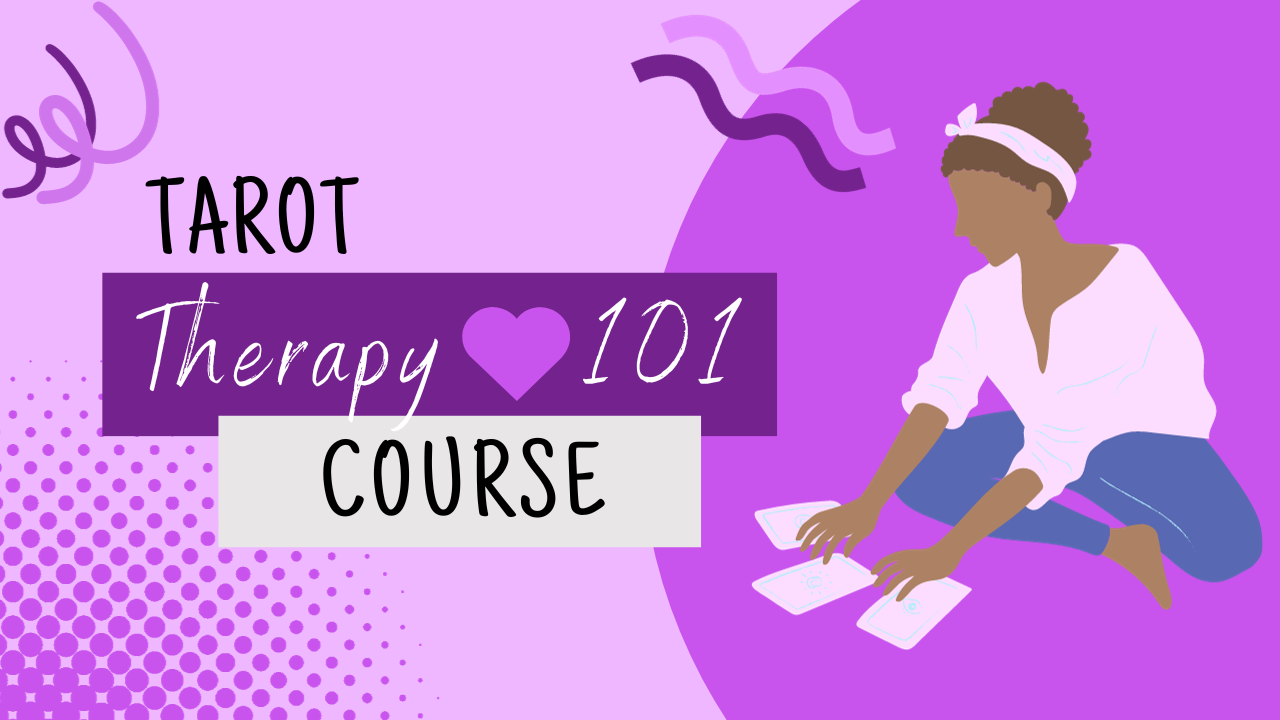
Pro and Cons of Diagnoses
Back when I was a therapist, there were many people calling for changes to the Medical Model and emphasizing the need to stop relying on diagnoses for clients.
There have been a multitude of studies over the years showing various detrimental side effects of diagnoses after the initial relief that many clients feel.
In the earliest DSM's (Diagnostic and Statistical Manuals) used by psychologists, it warned that the symptoms and descriptions were general, and that the manual should NOT be used to diagnose patients. All that went out the window by around the DSM-III, though, and the manual became the model to base therapeutic and care decisions on, especially around financial concerns.
Here are some of the pros and cons of mental health diagnoses.
Pros of Diagnoses
It is generally accepted in many circles, especially among lay people (non-therapists or those trained in the mental health field) that diagnosing a mental health problem is beneficial.
Some pros include:
- Feeling an initial and immediate sense of relief knowing that there is a name for symptoms or a condition
- The ability to connect with others with the same diagnosis
- Less of a sense of isolation, loneliness, alienation, or weirdness
- Ability to explain one's symptoms to friends and family
- Often a renewal of hope or sense of optimism that conditions will improve
- The ability for therapists, psychiatrists, doctors, and other care providers to communicate with one another using common language
- The ability to bring awareness to an emerging or growing problem for social services and resources
- Connection to resources for treatment and coverage by insurance, including therapy or in patient treatment
Cons of Diagnoses
Unfortunately, the cons of diagnoses have made many professional rethink using the DSM or any diagnosing system at all.
Some cons include:
- The lack of consistency around the ability to diagnose, leading to a multitude of diagnoses and confusion for the client as well as therapists and health care providers. This can increase comorbid diagnoses and increase the amount of medications prescribed, with all of their various side effects.
- Variations of diagnoses over time, leading to someone saying they have anxiety one week, ADHD the next, and changing in 3 months. While some conditions do change over time, jumping from diagnosis to diagnosis (a common problem seen online) leads to a decrease of trust and an increase of judgement around mental health challenges.
- Participation in support groups that focus on the problems and symptoms associated with a diagnosis, as opposed to focusing on overcoming challenges and doing better. Symptoms often become worse in these environments.
- Identification of the diagnosis or a specific symptom of a diagnosis, leading to a multitude of problems in one's personal and professional life. For example, deciding that you can't try anything new because of your anxiety, can't leave the house because you are introverted, or can't finish projects because you have ADHD. These are conscious decisions that become ingrained as the person relies more and more heavily on their identity around their disorder. This is fully supported in many spaces and on many profiles online.
- Feeling hopeless and unable to change. Many people become unwilling to try because they have decided that their mental health diagnosis is just the way it is. Instead of learning to train their brain and body or to try different therapies and approaches, they become depressed and despondent.
As a former therapist, I have seen much harm caused by diagnoses, especially self-diagnoses, which people are now regularly encouraged to do online (i.e. "If you think you have autism, you probably do, so you should just go ahead and diagnose yourself with that!")
These practices can not only be misleading, but also dangerous.
Instead, in Tarot Therapy we take a holistic and whole body approach to helping a person recognize the challenges in all aspects of their lives, and to facilitate their process of growth and overcome trauma. We focus on specific symptoms and how things are showing up in the body, as well as what the person would like to focus on changing.
We then use the cards to access the subconscious thoughts and beliefs that are making a negative impact on the person's life, and encourage the client to actively participate in their healing process. You can find out more about Tarot Therapy in Tarot Therapy 101.




